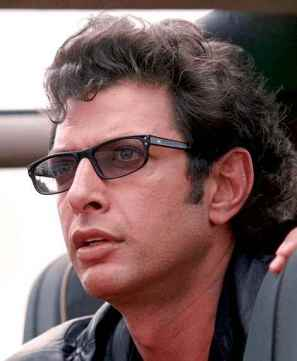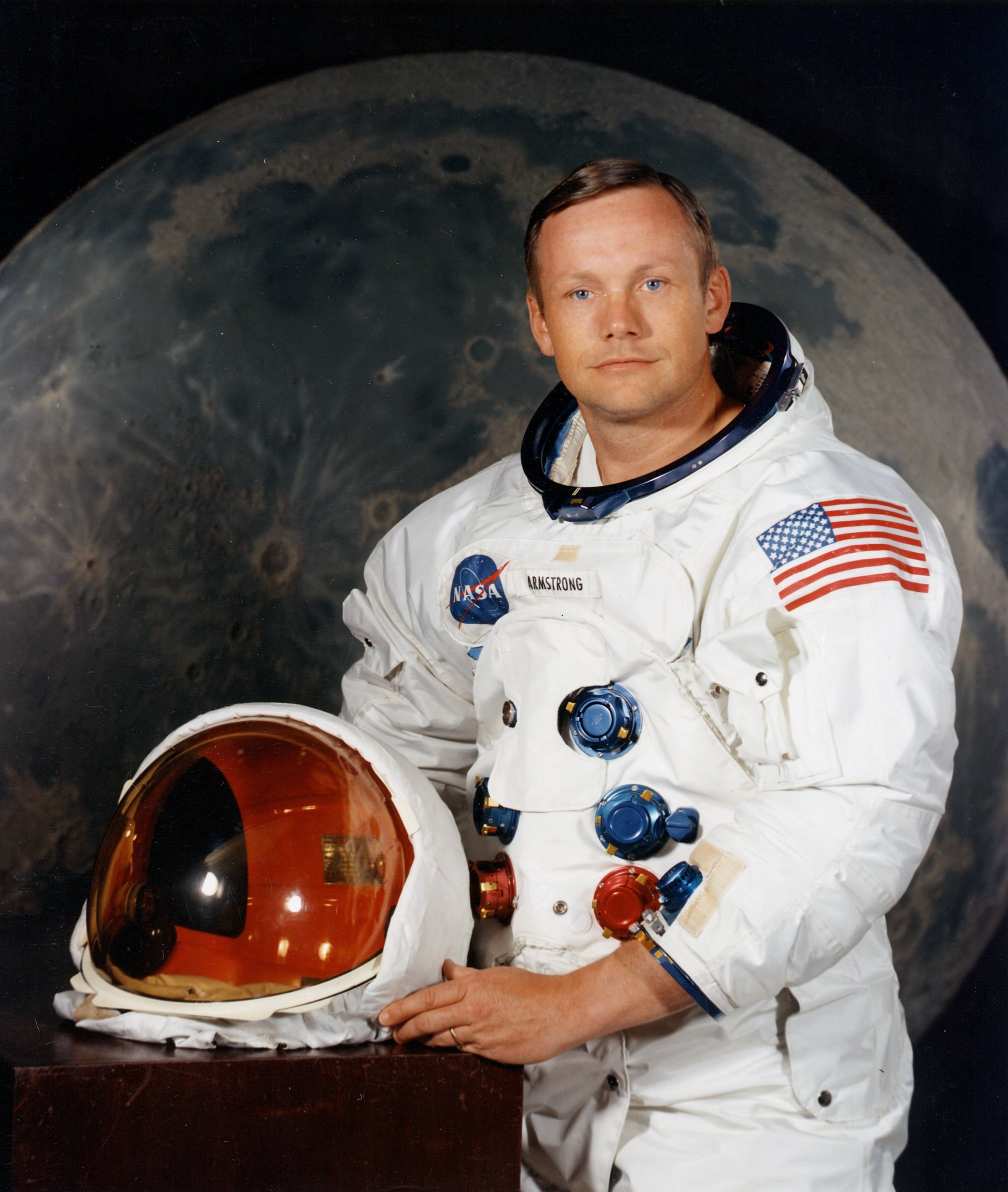Neil and others recently wrote an open letter condemning the new budget for NASA. I thought I should reproduce it here.
The United States entered into the challenge of space exploration under President Eisenhower’s first term, however, it was the Soviet Union who excelled in those early years. Under the bold vision of Presidents Kennedy, Johnson, and Nixon, and with the overwhelming approval of the American people, we rapidly closed the gap in the final third; of the 20th century, and became the world leader in space exploration.
America’s space accomplishments earned the respect and admiration of the world. Science probes were unlocking the secrets of the cosmos; space technology was providing instantaneous worldwide communication; orbital sentinels were helping man understand the vagaries of nature. Above all else, the people around the world were inspired by the human exploration of space and the expanding of man’s frontier. It suggested that what had been thought to be impossible was now within reach. Students were inspired to prepare themselves to be a part of this new age. No government program in modern history has been so effective in motivating the young to do “what has never been done before.”
World leadership in space was not achieved easily. In the first half-century of the space age, our country made a significant financial investment, thousands of Americans dedicated themselves to the effort, and some gave their lives to achieve the dream of a nation. In the latter part of the first half century of the space age, Americans and their international partners focused primarily on exploiting the near frontiers of space with the Space Shuttle and the International Space Station.
As a result of the tragic loss of the Space Shuttle Columbia in 2003, it was concluded that our space policy required a new strategic vision. Extensive studies and analysis led to this new mandate: meet our existing commitments, return to our exploration roots, return to the moon, and prepare to venture further outward to the asteroids and to Mars. The program was named “Constellation.” In the ensuing years, this plan was endorsed by two Presidents of different parties and approved by both Democratic and Republican congresses.
The Columbia Accident Board had given NASA a number of recommendations fundamental to the Constellation architecture which were duly incorporated. The Ares rocket family was patterned after the Von Braun Modular concept so essential to the success of the Saturn 1B and the Saturn 5. A number of components in the Ares 1 rocket would become the foundation of the very large heavy lift Ares V, thus reducing the total development costs substantially. After the Ares 1 becomes operational, the only major new components necessary for the Ares V would be the larger propellant tanks to support the heavy lift requirements.
The design and the production of the flight components and infrastructure to implement this vision was well underway. Detailed planning of all the major sectors of the program had begun. Enthusiasm within NASA and throughout the country was very high.
When President Obama recently released his budget for NASA, he proposed a slight increase in total funding, substantial research and technology development, an extension of the International Space Station operation until 2020, long range planning for a new but undefined heavy lift rocket and significant funding for the development of commercial access to low earth orbit.
Although some of these proposals have merit, the accompanying decision to cancel the Constellation program, its Ares 1 and Ares V rockets, and the Orion spacecraft, is devastating.
America’s only path to low Earth orbit and the International Space Station will now be subject to an agreement with Russia to purchase space on their Soyuz (at a price of over 50 million dollars per seat with significant increases expected in the near future) until we have the capacity to provide transportation for ourselves. The availability of a commercial transport to orbit as envisioned in the President’s proposal cannot be predicted with any certainty, but is likely to take substantially longer and be more expensive than we would hope.
It appears that we will have wasted our current $10-plus billion investment in Constellation and, equally importantly, we will have lost the many years required to recreate the equivalent of what we will have discarded.
For The United States, the leading space faring nation for nearly half a century, to be without carriage to low Earth orbit and with no human exploration capability to go beyond Earth orbit for an indeterminate time into the future, destines our nation to become one of second or even third rate stature. While the President’s plan envisages humans traveling away from Earth and perhaps toward Mars at some time in the future, the lack of developed rockets and spacecraft will assure that ability will not be available for many years.
Without the skill and experience that actual spacecraft operation provides, the USA is far too likely to be on a long downhill slide to mediocrity. America must decide if it wishes to remain a leader in space. If it does, we should institute a program which will give us the very best chance of achieving that goal.
Neil Armstrong
Commander, Apollo 11
James Lovell
Commander, Apollo 13
Eugene Cernan
Commander, Apollo 17

 I know that I am showing my age but I distinctly remember watching TV when the famous astronaut, Neil Armstrong, took the first steps on the Moon. Ever since that day, Mr. Armstrong has been a hero of mine. Of course it helped that he was from north central Ohio which is less than a hundred miles from where I grew up in Fort Wayne, Indiana.
I know that I am showing my age but I distinctly remember watching TV when the famous astronaut, Neil Armstrong, took the first steps on the Moon. Ever since that day, Mr. Armstrong has been a hero of mine. Of course it helped that he was from north central Ohio which is less than a hundred miles from where I grew up in Fort Wayne, Indiana.![Reblog this post [with Zemanta]](http://img.zemanta.com/reblog_e.png?x-id=6748ba4e-7e93-4e88-9d1f-a9ad66a68ea4)
